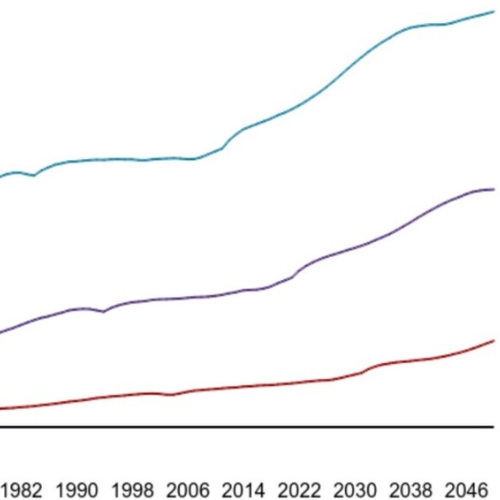Key points from article :
A new study challenges the idea that most people born after 1980 will live to see their 100th birthday. Led by José Andrade of the Max Planck Institute for Demographic Research and published in Proceedings of the National Academy of Sciences, the research shows that longevity gains have slowed significantly compared to the early 20th century. While a 2009 paper predicted widespread centenarian lifespans for babies born after 2000, the latest data suggests otherwise—average life expectancy improvements are no longer keeping pace.
The analysis compared generations born between 1900 and 2000. For those born in the early 1900s, life expectancy increased rapidly—by about five and a half months per year of birth—rising from around 62 years for people born in 1900 to 80 years for those born in 1938. But for those born after 1939, the gains slowed drastically, to only about two and a half to three and a half months per year of birth, showing a clear deceleration.
One reason for this slowdown lies in how life expectancy statistics changed during the 20th century. In earlier times, huge improvements came from reducing childhood mortality, especially deaths under the age of five. Modern medicine and public health almost eliminated these risks, giving a major boost to average lifespans. But with that avenue largely exhausted, further increases now depend on extending the lives of older adults—a much harder challenge.
Study co-author Héctor Pifarré i Arolas noted that without major breakthroughs in aging research or treatments that extend healthy lifespan, the extraordinary jumps in life expectancy seen in the first half of the 20th century are unlikely to be repeated. This means that while medical and lifestyle improvements may still add some years, the dream of routinely living to 100 may remain out of reach for most people born after 1980.





